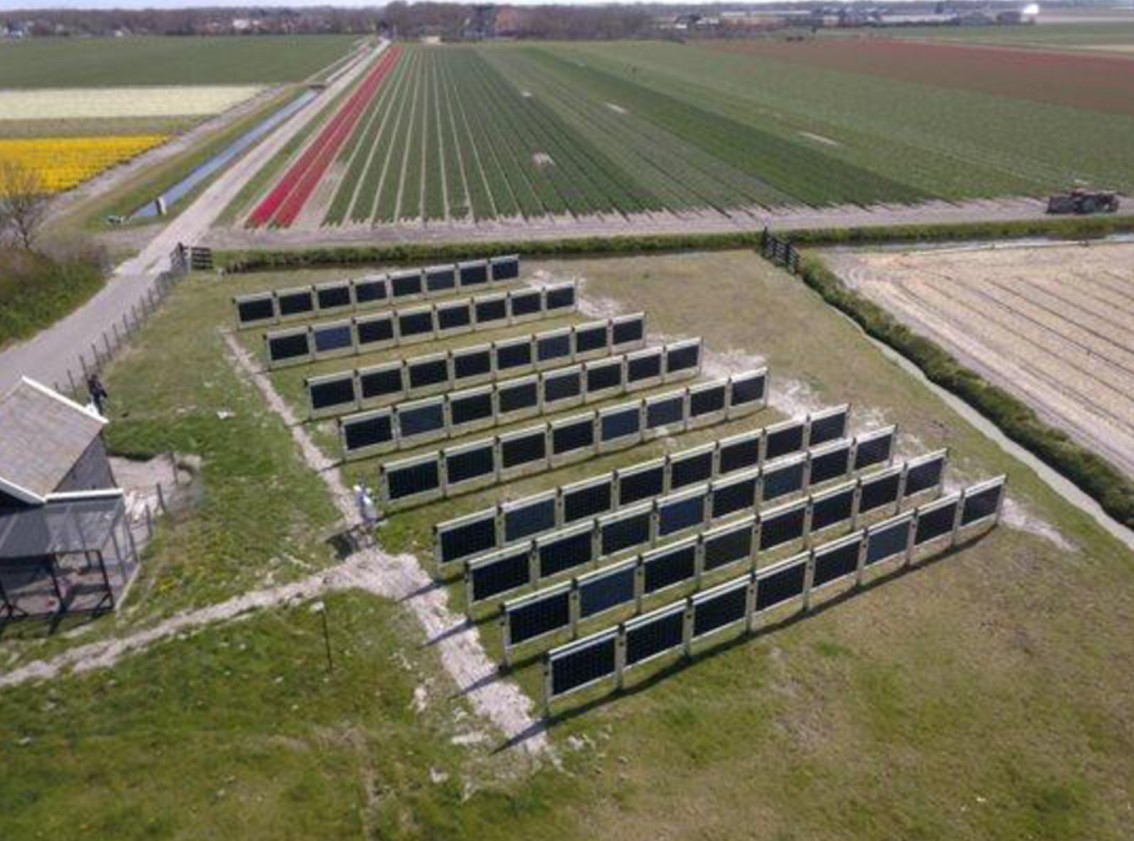Netherlands approves ‘capacity limitation’ contracts for wind, solar – pv magazine International

Image: TNO, EPJ Photovoltaics, Creative Commons License CC BY 4.0
The Netherlands Authority for Consumers and Markets (ACM) has given the green light to “‘capacity limitation’ contracts” for wind and solar power projects.
“Standard contracts ensure that grid operators and producers of sustainable energy can more easily make agreements about congestion management, so that new wind and solar farms gain faster access to the grid,” the ACM said, noting that these contracts have been tested by market and grid operators for two years.
The contracts are a form of congestion management that allows the electricity grid to be used more efficiently. During peak times, grid operators ask solar asset owners to inject less electricity into the grid and, in return, they pay compensation for this form of rush hour avoidance.
However, the ACM said the congestion management contracts are still difficult to implement.
“For example, there is not yet a clear idea of what compensation for flexibility is reasonable,” it explained. “If network operators have to make separate agreements with each new operator about the financial conditions of these contracts, this will take a lot of time.“
The authority said it expects that this issue could be solved if power producers soon use standard contracts with a price formula and capped compensation for temporarily shutting down production.
“By using these standard contracts, producers and grid operators can reach agreements more quickly,” it said.
The contracts can be granted in the Netherlands by congestion service providers (CSPs) acting as intermediaries, in order to make optimal use of the available space on the network.
This content is protected by copyright and may not be reused. If you want to cooperate with us and would like to reuse some of our content, please contact: editors@pv-magazine.com.





